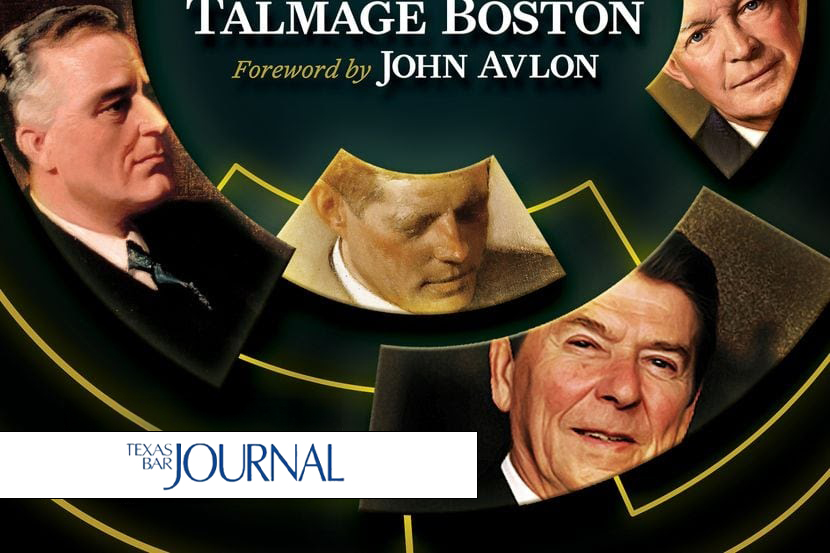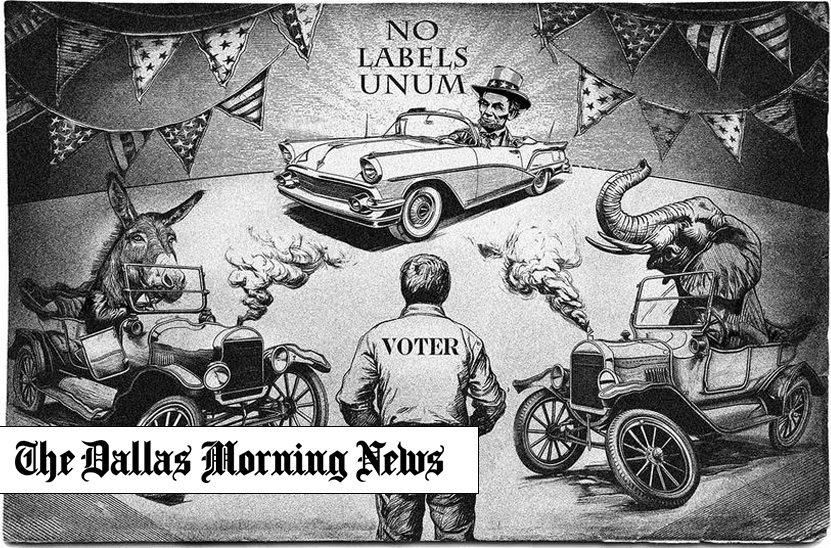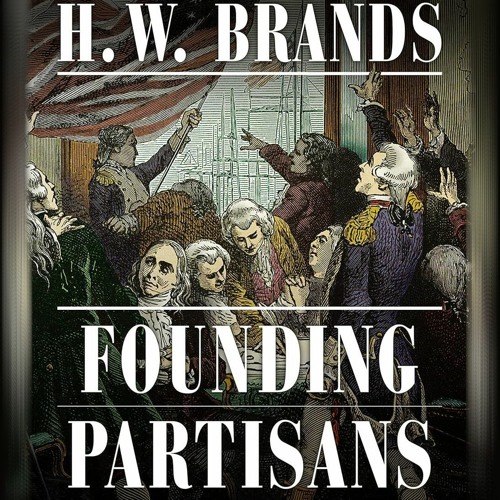By Talmage Boston on April 25, 2012 Posted in Uncategorized
The following article will appear in the May issue of the Texas Bar Journal. The article features an excerpt from Raising the Bar: The Crucial Role of the Lawyer in Society recently published by TexasBarBooks. This excerpt is taken from Chapter 2, which is devoted to Leon Jaworski and James A. Baker, III, believed by the author to be the two most important American lawyers of the last half-century. The excerpt below identifies the skill-set developed by Secretary Baker during his years in private practice, which caused him to progress from consummate transactional lawyer to ultimate power player for the federal government during the administrations of Presidents Ronald Reagan and George H.W. Bush.
“The case for pragmatic idealism is based on an optimistic view of man, tempered by our knowledge of human imperfection. It promises no easy answers or quick fixes. But I am convinced that it offers our surest guide and best hope for navigating our great country safely through this precarious period of opportunity and risk in world affairs.”
James A. Baker, III entered the world in 1930 as the son, grandson, and greatgrandson
of distinguished lawyers all named James A. Baker, who each made a good living working at the Baker Botts law firm (formed by Baker’s great-grandfather) in Houston. Rising from a comfortable beginning, James A. Baker, III took his counseling, negotiating, and deal-making talents as far as they could go, making an impact at the White House; at the Commerce, Treasury, and State departments; and at places around the world.
When James Baker left the University of Texas Law School in 1957, he believed the only real lawyers were trial lawyers. With that perspective, after passing the bar exam, he spent his first two years doing civil litigation as an associate at the Houston law firm of Andrews, Kurth, Campbell & Bradley. As the fourth in a generational string of eminent lawyers, James Baker had grown up respecting the work of those whose name he bore as well as the profession he had chosen for himself, and he recoiled at the idea of spending his career attempting to win trials where witness perjury appeared to be more the rule than the exception.
Click here to continue reading:
James A Baker_The Ultimate Negotiator and Counselor.pdf



